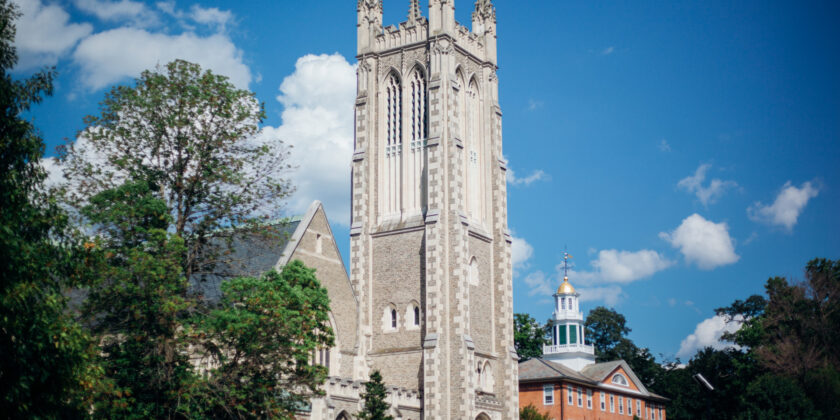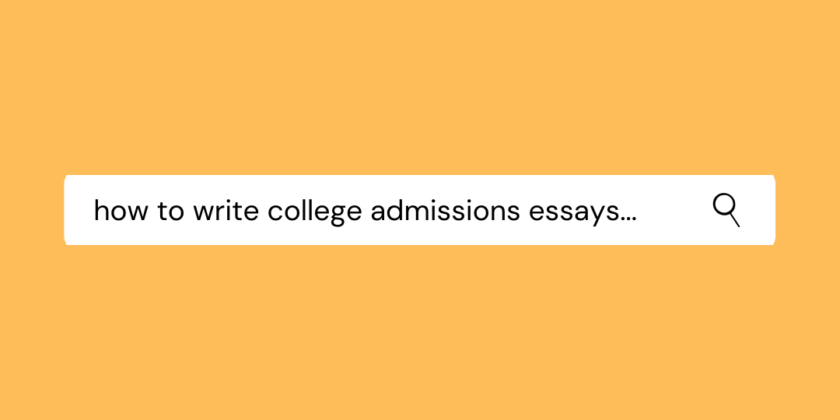Elevating Your Extracurriculars for Summer 2024
The strength of your curriculum (rigor), the grades you receive in academic courses (core academic GPA), and your extracurricular activities (ECs) are what matter most in the evaluation of a college application.
College counselors can help students choose the right courses and connect them with the learning support they might need to achieve excellent grades, but advising on the extracurricular activities that will help students stand out is much more complicated!
It’s getting harder and harder to stand out extracurricularly; a lot has been done before, and it can be tough to come up with original ideas when the internet provides conflicting information. It is easy to pay to undertake research or get published; spend time on a college campus taking a course alongside peers; or travel the world serving communities you don’t have an intimate connection to but that are exciting to visit and experience. For some applicants, these ECs do the trick—really!
However, if you are targeting selective schools, you’ll benefit from not taking the easy path when it comes to ECs.
Your ECs will need to not only support a clear academic narrative and demonstrate your intellectual curiosity but also highlight what matters most to you and what you care about in your world. You will benefit from getting creative!
We understand not everyone needs or wants full-blown college counseling, but we also want to make sure students really understand the role of extracurriculars in the college admissions process and spend their time wisely. If you are interested in a standalone extracurricular planning session to maximize the summer of 2024, reach out!
*Stay in the know! Subscribe*









